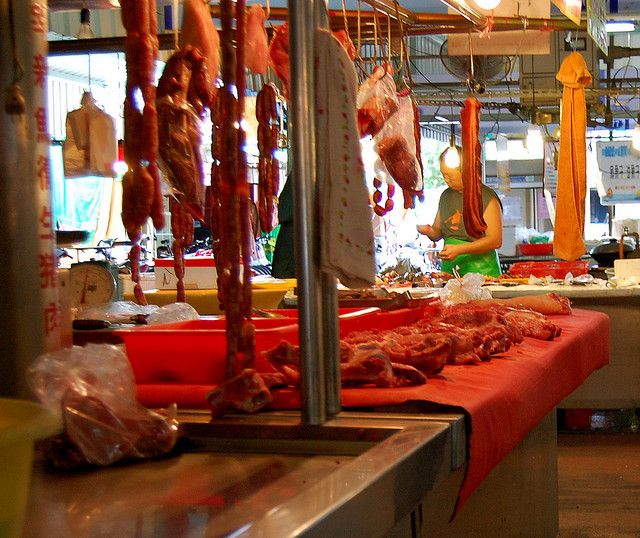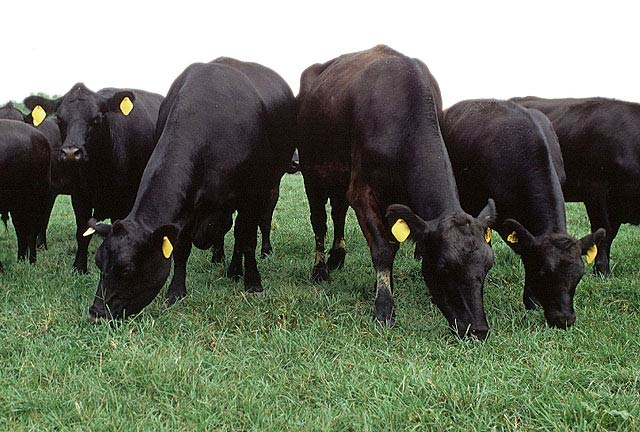Global warming inevitable unless meat eating habits change
A new study has warned that climate change is inevitable unless meat eaters in the developed world drastically change their dietary habits.


A new study has warned that climate change is inevitable unless meat eaters in the developed world drastically change their dietary habits.
The research, published in Environmental Research Letters, calls for both a 50 percent reduction in meat consumption and an overhaul of the food production process to stem the tide of global warming.
The use of fertilisers and manure in farming has long been linked to the heating of the planet, due to their release of nitrous oxide.
Nitrous oxide is widely considered the most potent of the greenhouse gases linked to climate change, with over 80 percent of anthropogenic nitrous oxide emissions coming from the agricultural sector.
However, the majority of these emissions are produced when growing crops that feed the cattle and pigs that we will eventually eat. If we are to reduce these emissions then eating less meat would in turn reduce the demand for harmful fertlisers.
Reducing emissions from food production and ensuring that there is enough food for an every growing population is perhaps the single most difficult challenge we are faced with in our attempts to combat climate change.
Despite having the technological know how to implement such drastic change, there are many social, economic and political barriers that stand in the way, explains Eric Davidson, director of the Woods Hole Research Centre in Massachusetts, whose team carried out the research.
The main problem, according to Davidson, is persuading people that they need to cut back on their meat consumption. Not an easy task considering the dietary habits of both the western world and developing nations, with meat consumption projected to rise sharply in the coming years. Add to this the fact that the world’s population is expected to hit the 9 billion mark around 2050 and that the daily per capita calorie intake will also rise to 3130 calories; the scale of the problem and its effect on climate change is all too clear.
 However, Davidson and his researchers are not saying that we should give up meat entirely, but instead make changes that are sustainably viable, such as switching from beef or pork to chicken or fish, which have a notably lower carbon footprint.
However, Davidson and his researchers are not saying that we should give up meat entirely, but instead make changes that are sustainably viable, such as switching from beef or pork to chicken or fish, which have a notably lower carbon footprint.
“The solution isn't that everyone needs to become a vegetarian or a vegan. Simply reducing portion sizes and frequency would go a long way,” Davidson told the Guardian.
“I think there are huge challenges in convincing people in the west to reduce portion sizes or the frequency of eating meat. That is part of our culture right now.”
The research also suggests further examples of how modern farming techniques can be adopted to bring about change, including the growth of winter ground cover crops that would absorb nitrogen to prevent its release into the atmosphere.
Image 01: San Beiji | Flickr
Image 02: United States Department of Agriculture | Wkimedia Commons
Image 03: Rjw | Flickr
